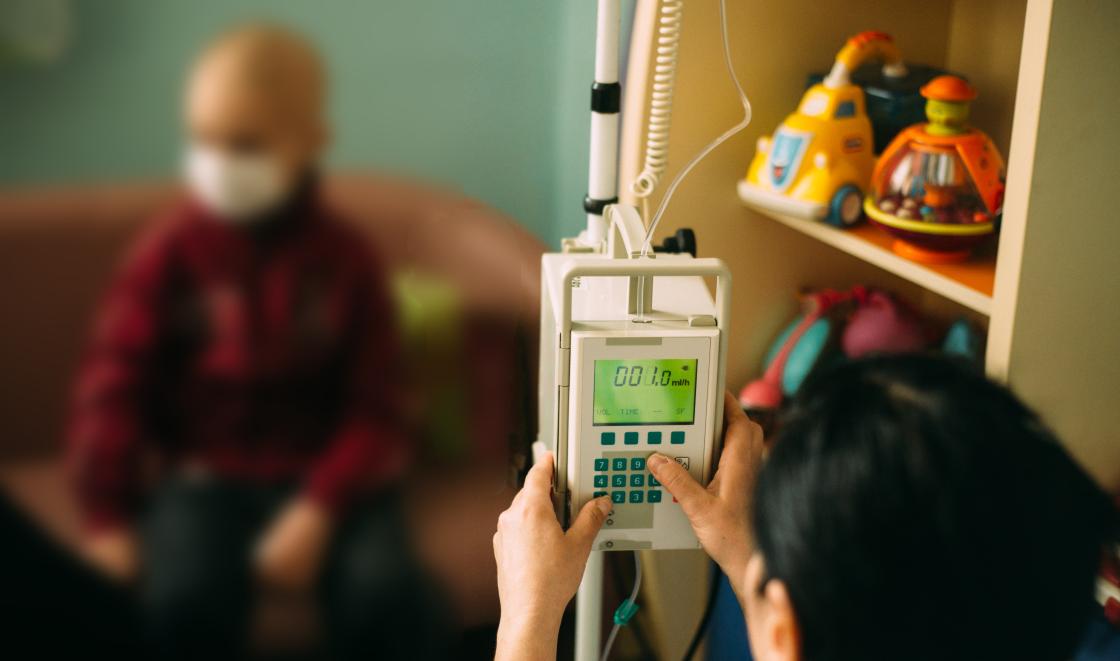Developing outcome measures for children receiving palliative care
The aim of this study is to develop a set of outcome measures specifically for children, young people and their families affected by life-limiting and life-threatening conditions.
The aim of this study is to develop a set of outcome measures specifically for children, young people and their families affected by life-limiting and life-threatening conditions.
An outcome measure is a tool used to assess a patient’s symptoms, other concerns, and quality of life. If health professionals use them regularly, they can measure and document change in a patient’s status. This information can then be used to inform and improve care for individual patients. It can also inform decisions about wider service development.
Currently, there are no validated outcome measures for use in paediatric palliative care. Partly this is because children receiving palliative care often have profound communication difficulties, making it difficult for them to report on their symptoms. It is also a highly sensitive area of care, making research more challenging and leading to a lack of evidence.

The Children's Palliative care Outcome Scale (C-POS) project, which is being led by Professor Richard Harding at the Cicely Saunders Institute at King’s College London, is designed to address this gap in research knowledge and clinical practice.
C-POS will be the first validated outcome measure for use in paediatric palliative care. This novel study will draw together researchers, carers, and clinicians working in a range on contexts including hospitals, care homes and hospices. It will also work closely with children and their families, engaging children in the research, rather than relying on proxy data.
In this way the team aim to develop an outcome measure for children, young people and families that is “person-centred” – in other words, developed around their specific needs.
The project will be carried out in three phases. The first phase will involve interviews with children and young people, their siblings, parents and caregivers, healthcare professionals and commissioners to identify priorities for care. It will also involve a systematic review of different methods used in outcome measures. This will inform the development of the tool.
The second phase will involve cognitive interviews with children and young people, parents and healthcare professionals to determine the effectiveness, ease of participation and interpretation of the tool. The C-POS tool will then be refined and validated.
The third phase will focus on implementing the tool in clinical practice, and will include developing guidance for routine practice and workshops for children, families and clinicians.
Collaborators on the project include King’s College London, UCL, University of Sussex, and Hull York Medical School. Sites involved in the first phase of the study are: King's College Hospital, The Royal Marsden Hospital, Great Ormond Street Hospital, Evelina London Children's Hospital, Martin House Children's Hospice, East Anglia's Children's Hospices, Addenbrooke's Hospital, and Leeds Teaching Hospitals NHS Foundation Trust.
This project is funded by a European Research Council Consolidator Award (€1,696,410) and was adopted by ARC South London in December 2019. It is expected to finish in February 2023.
Find out more about the project on the Cicely Saunders Institute website.